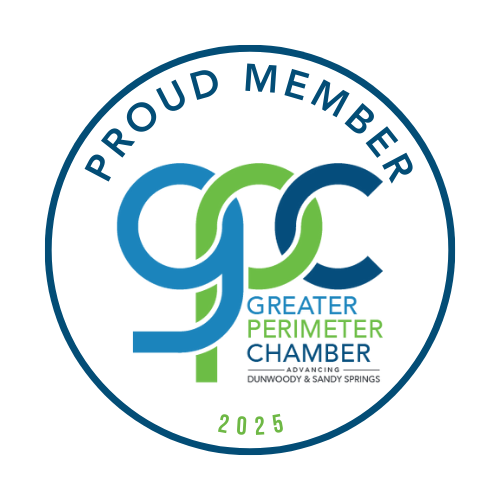- Our Treatment Programs
Aftercare Treatment in Atlanta, GA
Aftercare Planning and Relapse Prevention Programs
Understanding the journey of addiction and staying sober is one of the most difficult parts of the process. Addiction doesn’t stop once treatment ends, so it’s essential to have ways to continue the recovery process. Aftercare planning and relapse prevention programs are another type of support that is there for those struggling with addiction. Finding the right programs for relapse prevention and support can make the difference between long-term sobriety and relapsing and having to start the process over again.
Aftercare programs are another important part of the process as well, though. Whereas relapse prevention plans work to reduce the risk of relapse, aftercare programs also provide support to a person in recovery, but in different forms, all with the goal of continued sobriety and having the skills to deal with day-to-day stressors and return to a normal life.
Your Recovery is Our Priority
Atlanta Recovery Place has caring representatives available 24/7 to help you or your loved one when dealing with substance abuse. Request a 100% confidential callback now to start your journey.
What is a Relapse Prevention Program?
Every treatment program is intended to get someone free of addiction, but relapse prevention programs are specifically designed to address the triggers, trauma, and other factors that often lead to relapse.
There are many ways that a program can address these factors, such as identifying people and situations that put a person at greater risk of relapse and identifying social or lifestyle cues that cause stress and anxiety, which often trigger substance abuse.
By identifying what leads to relapse for an individual, the therapists and clinicians can then determine what are effective and ineffective coping mechanisms for the different situations and develop strategies to succeed rather than fail.
During the program, the clinicians also work with the individual to develop plans for specific situations so that even if unexpected things happen, there are systems in place to deal with them. This may involve things like setting up emergency contacts to call when they feel like they are going to relapse, ways to calm down and destress,
Atlanta Recovery Place is a Georgia outpatient rehab providing comprehensive aftercare programming. Contact us today to learn more about how our programs can help you avoid relapse after treatment ends.
What Are the Types of Relapse Prevention Programs?
Relapse prevention programs can take a whole range of forms; there is no set way that a relapse prevention program has to work so long as it follows the basic guidelines set forth in the mission of relapse prevention, to identify triggers, help develop the skills necessary to recognize and deal with those triggers and to help stop the cycle of relapse.
In terms of the type of programs you´ll see, there are programs that involve one-on-one counseling and mentoring, similar to how treatment works. Still, there are also other options that involve group therapy with peers who have been through some of the same struggles. This offers a sort of bonding experience and the ability to relate through the struggles of others what one person is going through. This can help ease the guilt and rebuild socialization skills that a person with an addiction may be lacking.
There are also specialized programs for particular groups, such as relapse prevention programs for women, or programs based on racial or ethnic identity. These are usually easier for people to relate to and open up in compared to groups with mixed gendered or mixed backgrounds as there is more of a sense of commonality in some of these groups.
You can truly find a relapse prevention program based on any specific circumstance or need that is there to help with the process of recovery.
How Aftercare Programs Help Prevent Relapse
Aftercare is the most important step in the continued process of treatment to keep a person from relapsing. As we stated, all forms of treatment are designed to prevent relapse, but it is not until the actual treatment process ends that the true work begins.
Aftercare programs are a collection of services for those who have finished treatment. Part of relapse prevention is gradually integrating those with an addiction back into society as they develop the tools they need to live a normal life.
Aftercare programs come in a wide variety of options. Some of the most common types of programs are 12-step programs that allow addicts to follow a phased approach to learning how to deal with the consequences of their addiction and move forward. These are an excellent way to give addicts the skills they need to cope with their addiction, while also addressing some of the trauma that the addiction has caused.
Other options include Atlanta sober living facilities and group therapy. These two things often go hand in hand together as sober living gives those with an addiction a safe place to live in-between ending treatment and returning to a normal life, and group therapy helps to blend addiction counseling with socialization and accountability. There is also the ability at a sober living facility for the person to pursue life goals such as job training and education while maintaining their sobriety.
Lastly, another element of aftercare programs that is very useful is programs for family members of the person addicted. These can include family member support groups and group counseling therapy for loved ones of an addict. These programs are there to help rebuild relationships and give family members a place to go while they deal with the struggles of living with an addict.
What Are the Benefits of Relapse Prevention Programs?
There are many benefits to relapse prevention programs, besides just preventing relapse. These programs give people in recovery a place to go to get more support than they would have to try to recover on their own. Support is the key to long-term sobriety and being able to return to a life free of drugs and alcohol.
They also help addicts develop the skills they need to live a normal life, such as proper coping skills, how to deal with stress and trauma and how to take accountability for the things they have done or will do in life. Many times these skills are lost when a person becomes addicted to alcohol, and without them, the transition back into their life can be nearly impossible.
Lastly, relapse prevention programs help those with addiction to focus on the positive aspects of being in recovery and learning how to live a life free of addiction. Many people in recovery struggle with a lot of guilt over past actions and have trouble moving forward because of things they may have done and ways they may have hurt people. Relapse prevention is a way to continue the healing process so that the person can truly get over their addiction and move forward.
Working with a diverse network of partners
We Work With Most Major Insurance Providers
Most major health insurance providers with out-of-network benefits will help cover the cost of our Atlanta treatment program. Call us or email us to find out your coverage options when seeking treatment for drug & alcohol abuse.





Real Experiences, Real Results
Amazing Resource
Feels More Like Home
ARP is an amazing program who’s staff really care about their people! It feels more like a home then a treatment center. And the connections and people I’ve met there are connections I’ll have for the rest of my life.
"Feels More Like Home" Dustin S.Love this place and what they do for the community. Such a positive aspect of the recovery world at large. Thank you for doing all that you do, and your continued support to those in need.
"Love This Place" Paige D.Love This Place
ARP's Aftercare Treatment in Atlanta, GA Can Help You
The first step is sometimes the hardest, but everything begins by going to a treatment facility and beginning the recovery process. Once recovery begins, it is possible to break the cycle of addiction and relapse, and move forward. Your treatment facility will be able to begin you on the path, and once treatment ends, they will be able to help you build the aftercare and relapse prevention programs that will work for your unique addiction.
Contact Atlanta Recovery Place today to learn more about our aftercare and outpatient programs in Georgia.
Recover Now.
Atlanta Recovery Place has caring representatives available 24/7 to help you or your loved one when dealing with substance abuse. Request a 100% confidential callback now to start your journey.
What We Offer
Quick Links
Our Contact
- 1-866-433-9220
- info@atlantarecoveryplace.com
-
1742 Mt Vernon Rd #100
Dunwoody, GA 30338 -
Monday – Friday: 8 am – 6 pm
Saturday: 8 am – 3 pm (as needed)
© 2025 Atlanta Recovery Place All rights reserved.

Verify Your Insurance & Get Access To Treatment
You can get insurance coverage in as little as 5 minutes!






ARP is a really amazing resource in getting sober. I’ve had many close people in my life go through ARP and thrive after they finish the program there. The staff there is very friendly and goes above and beyond in helping their clients.
" Amazing Resource" Gracey O.